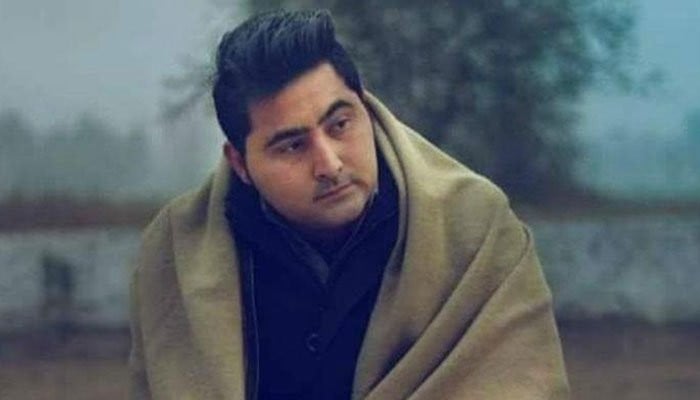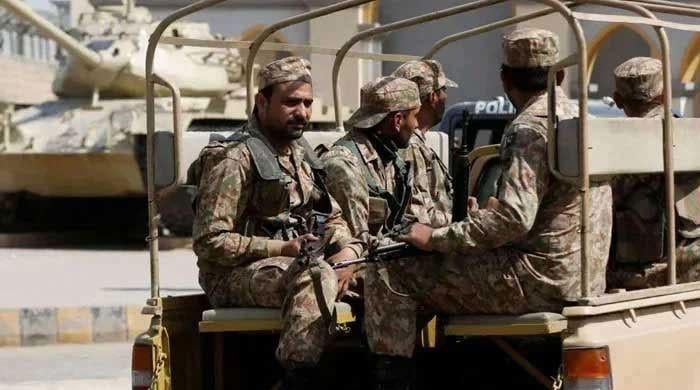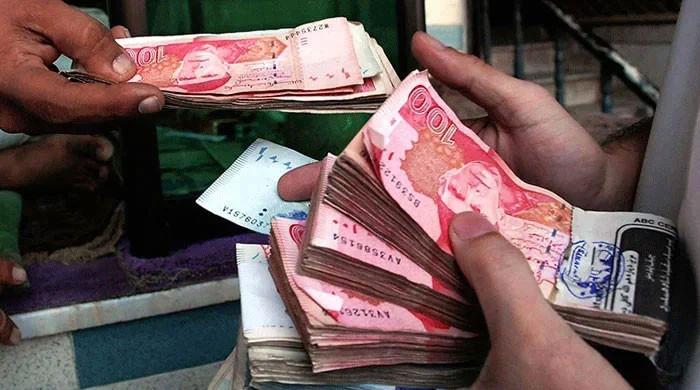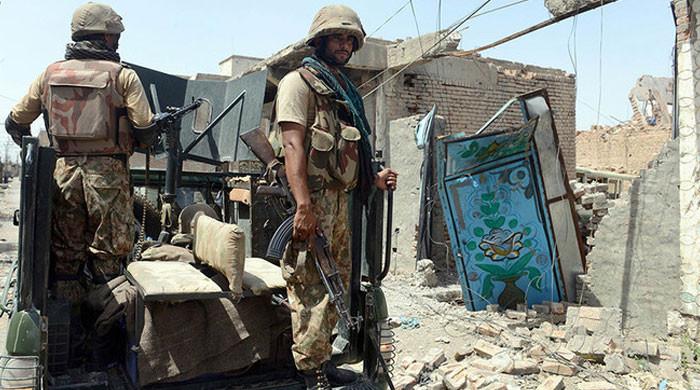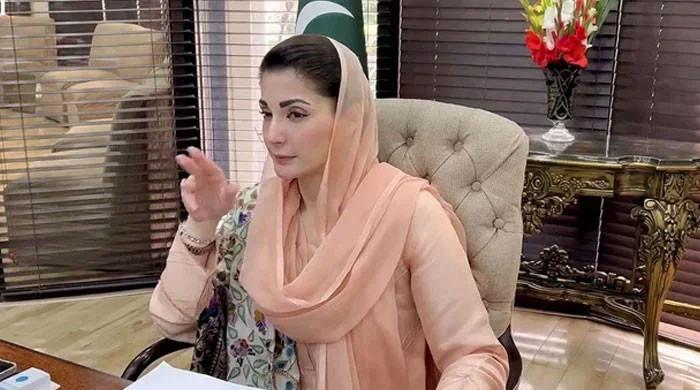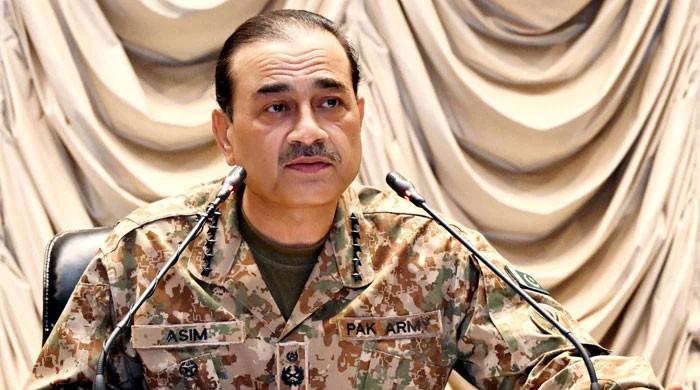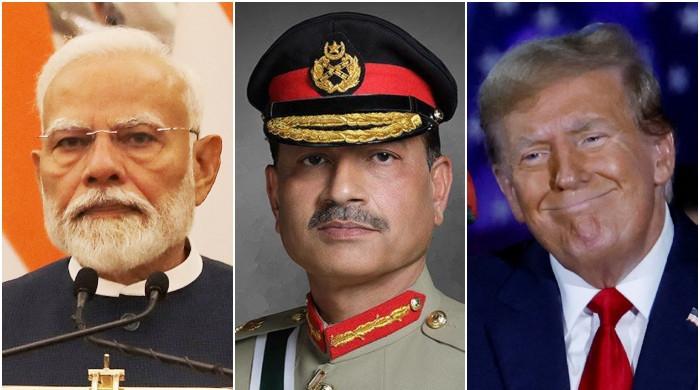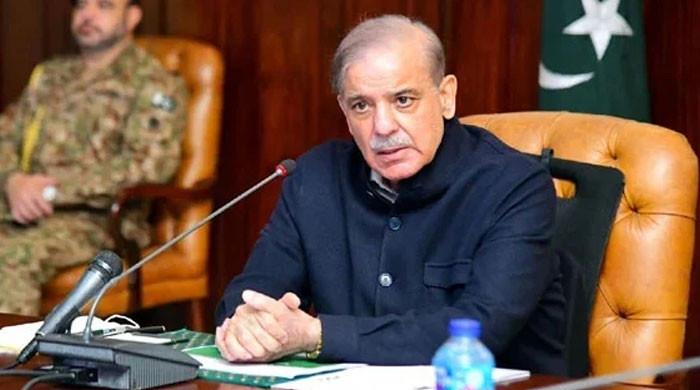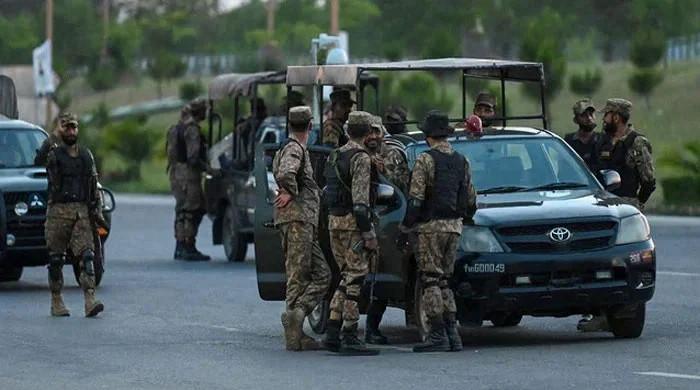Analysts react after Mashal Khan verdict
The anti-terrorism court hearing the murder case of university student Mashal Khan announced its verdict on Wednesday
February 07, 2018
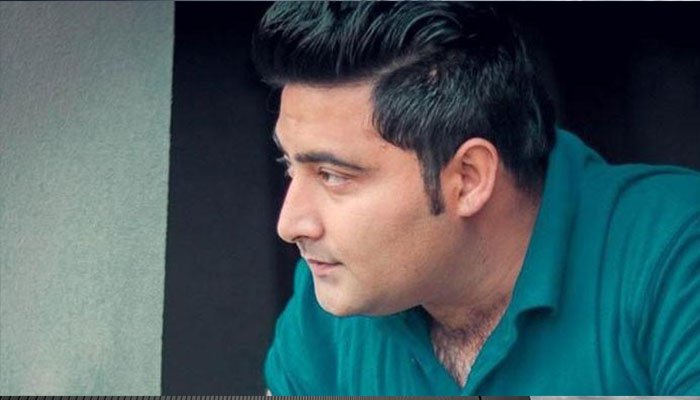
The anti-terrorism court hearing the murder case of university student Mashal Khan announced its verdict on Wednesday, awarding death sentence to one accused and handing life sentences to five others.
Twenty-five accused in the case were awarded sentences of four years each, while 26 suspects were acquitted by the court for lack of evidence.
On April 13 last year, 23-year-old Mashal Khan was lynched and murdered by an angry mob at the Abdul Wali Khan University on the pretext of committing blasphemy. However, investigators found no proof of blasphemy and ruled that the murder was politically motivated.
Analysts in Geo News programme Report Card commented on the various aspects of the verdict and whether justice was served.
Lawyer Babar Sattar said that only the family can tell if justice was served, however, the way the trial was held and the verdict was given is a step forward in holding a mob accountable.
While punishments should be handed out in brutal cases such as these, Sattar said it is important for a balanced, functional judicial system that gives the accused benefit of doubt.
“It is not right to ask for all accused to be hanged [without proper evidence],” he said.
Sattar said as the case goes through appeal, it will also lay down the jurisprudence on the responsibility of a mob.
“Those who were standing there with intent to contribute in the violence, and those who were standing there but didn’t do anything. [Should they also be punished?] These are questions society and courts need to determine,” he said,
Senior journalist Mazhar Abbas said it is “premature” to say if justice has been served because only one court has announced its verdict.
Abbas added that convictions happen in most cases heard by ATCs but high courts normally don’t uphold these sentences.
"We can say justice is served when the high and/or Supreme Court pass sentences,” he added.
Analyst Irshad Bhatti said that he is satisfied with the judgement because a punishment was handed out “in a country where cases drag on for years”.
Courts did not come under pressure and police carried out their work properly, he said.
Analyst Hafeezullah Niazi, meanwhile, said “five to seven people” should be hanged in a case so brutal.
Imtiaz Alam added to the debate by saying that Mashal's case was important for the entire country, in the which police, court, civil society, and prosecution underwent a trial.
“Justice will be served when his mother, his parents say so. Parents' complaints remain,” he added.
